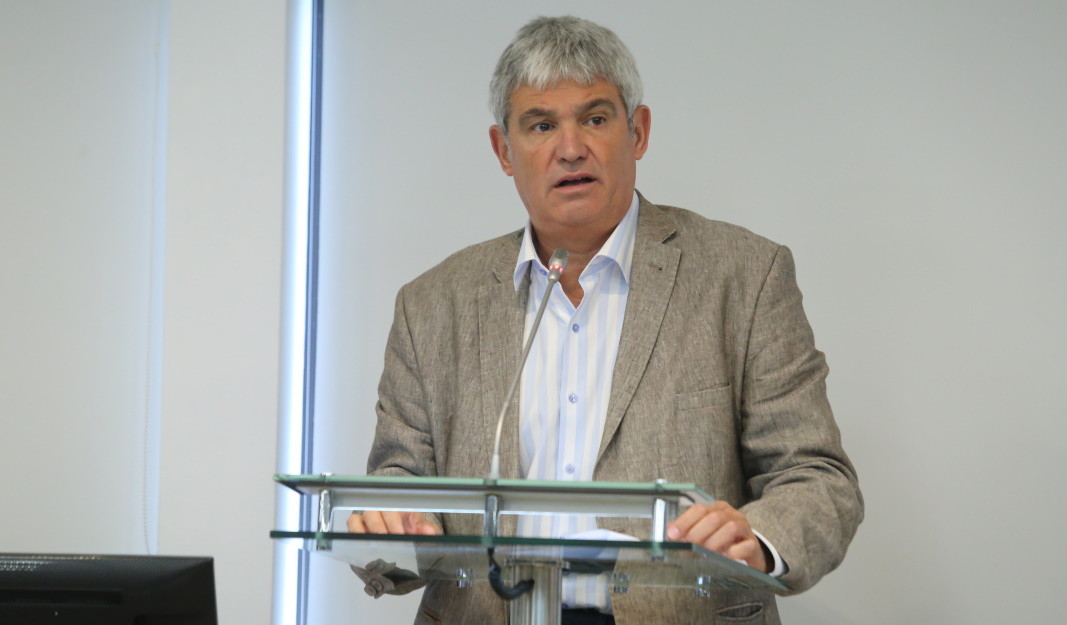Wages in Bulgaria could see a significant increase if this country’s gross domestic product increases with 3.5% on an annual basis and the average annual inflation is around 2%, forecasts the Confederation of Independent Trade Unions in Bulgaria. According to trade union experts, salaries in the public sector should increase with 10% to 12% on an annual basis in the next 4 years. According to their estimates, the minimum monthly salary, which is now EUR 305, should reach EUR 669 in four years and the average salary will increase to nearly EUR 1,250 by 2025.
These targets became part of the Memorandum on Social and Economic Development in Bulgaria. CITUB will acquaint the political parties with this document and ask them for clear commitments on the national goals when the next cabinet is formed.
CITUB demands double increase of wages and social expenditures
By 2025, all Bulgarians should receive enough money to cover their subsistence costs, contends CITUB. Less than EUR 2.5 billion will be necessary for policies in the social sphere, show estimates of the trade union.
The Confederation of Independent Trade Unions in Bulgaria insists that the authorities address social disparities with money from the state budget. The authorities should help low and medium income people and ensure protection of people who are “fuel poor”. The increase of Bulgaria’s GDP, which is expected to reach EUR 64 billion in 2021 and EUR 75 billion by 2025, favors the increase of social expenditures. These measures would boost consumer purchasing power in Bulgaria as early as next year and allow this country to catch up with the other European countries, clarified CITUB and reminded that according to the 2030 Recovery and Sustainability Plan, the purchasing power of Bulgaria’s households should reach 68% of the EU average.
 CITUB insists that the unemployment allowance amounts to at least 60% of the insurable earnings and reach EUR 375 a month by 2025.
CITUB insists that the unemployment allowance amounts to at least 60% of the insurable earnings and reach EUR 375 a month by 2025.
According to CITUB, Bulgaria should double the benefits for maternity in order to address the demographic crisis. In their view, allowances during the second year of maternity leave should increase from the current EUR 190 to EUR 350 in 2025.
These measures require a total of EUR 687 million from the state budget, experts estimate.
The Memorandum on Social and Economic Development envisages that Bulgaria adopts a strategy on the internal migration to safeguard the interests of workers.
Compiled by: Gergana Mancheva
English version: Kostadin Atanasov
Photos: ised, BGNESThe Bulgarian minority in Romania marked a significant event with the official opening of the Bulgarian Inn in the village of Izvoarele (Hanul Bilgarilor), Teleorman County (Southern Romania)- a locality with Bulgarian roots dating back over 200 years...
The 14th edition of DiVino.Taste, Bulgaria’s leading forum for wines and winemakers, will take place from 28 to 30 November at the Inter Expo Centre in Sofia. Over 80 producers from all wine regions will participate, offering tastings of around 600 of the..
Minutes before the second and final reading, at the parliamentary budget and finance committee, of the state budget for 2026, the leader of the biggest party represented in parliament GERB Boyko Borissov halted the procedure and sent the draft bill..
The Bulgarian minority in Romania marked a significant event with the official opening of the Bulgarian Inn in the village of Izvoarele (Hanul..

+359 2 9336 661
